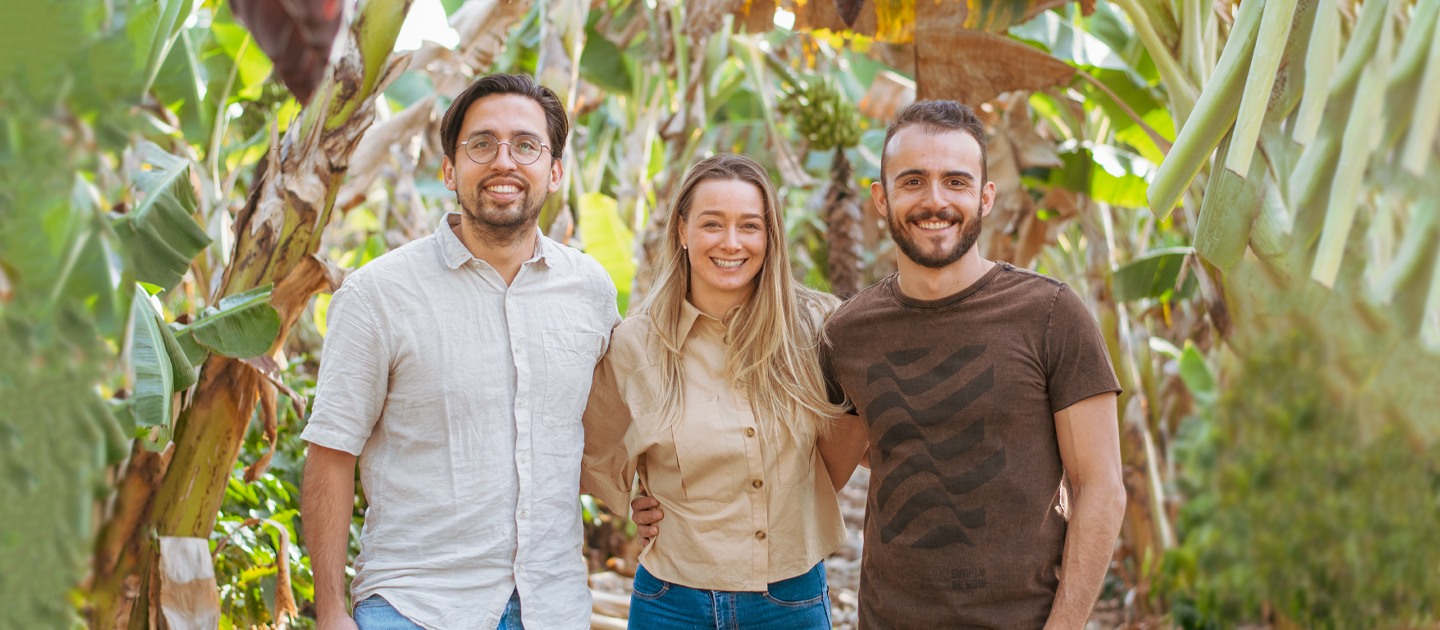
Giving A Voice to Coffee Producers
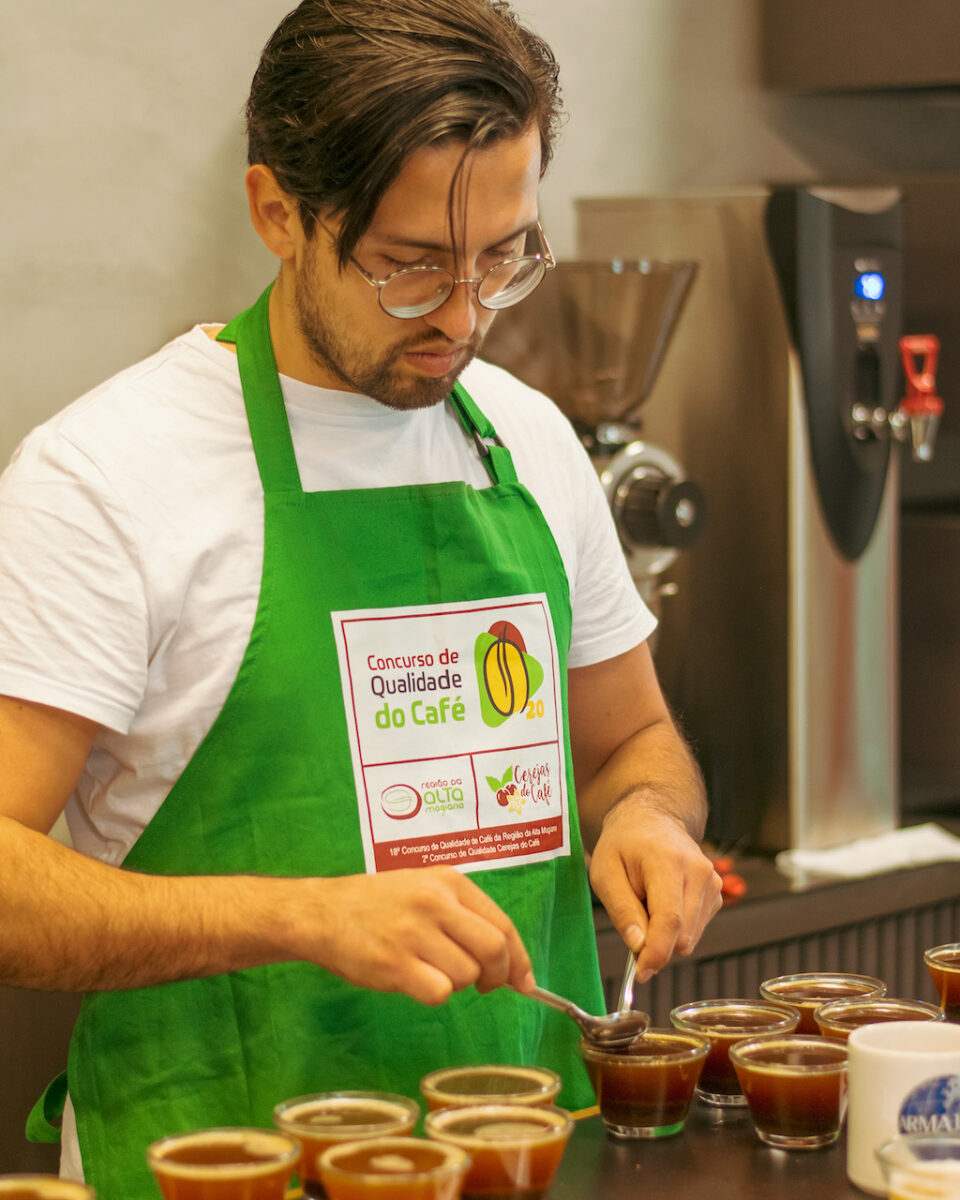
Coffee Quest is a coffee company with offices in the Netherlands, USA, Brazil, and Colombia. The company manages quality control and coffee exports in Brazil and Colombia and handles sales and distribution in the Netherlands and the United States.
We became acquainted with Friso, the Dutch director of the company, who gave us the opportunity to introduce their coffee to Asia.
Our plan to visit Friso and his team in Brazil in the summer of 2021 had to be canceled due to scheduling conflicts, so we decided to leave the pre-selection process of coffee to Friso in Brazil. Producers in Brazil usually finish harvesting coffee in August. This summer, however, due to an unexpected cold wave, frost has affected the crop, and we didn’t receive samples even in September.
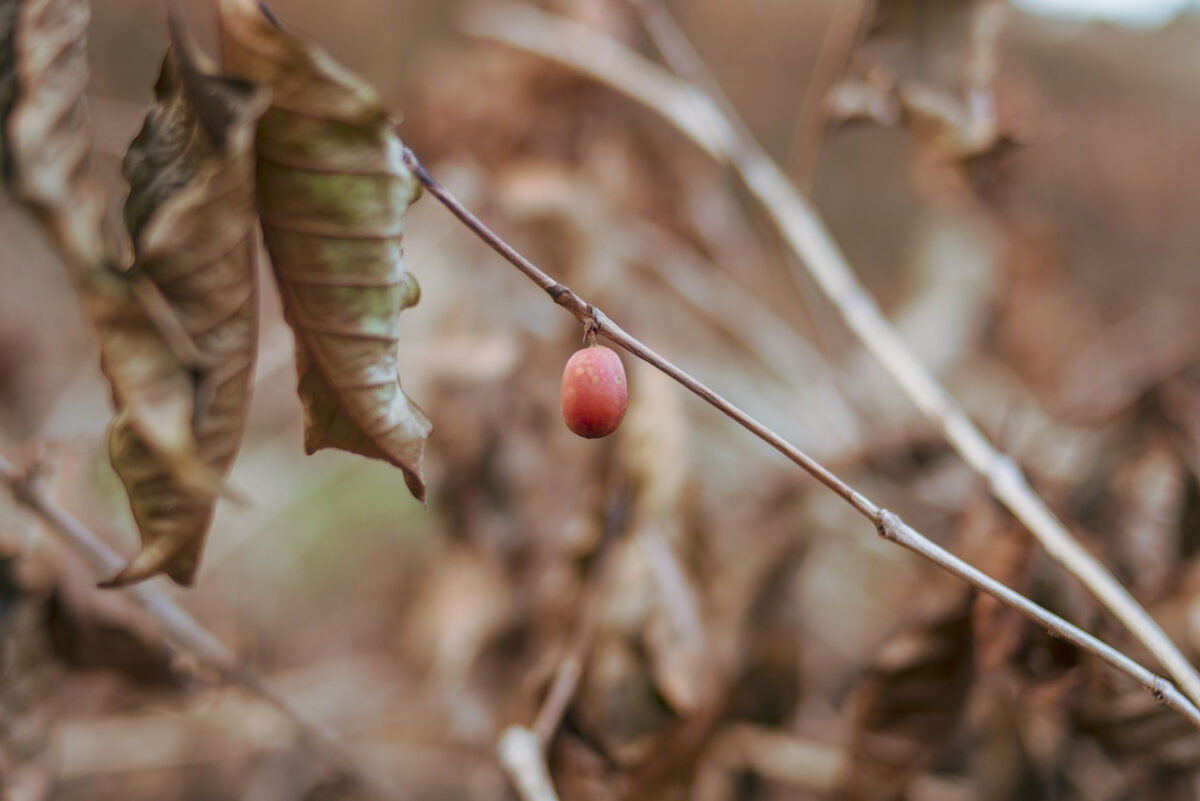
Brazil had an unusually cold summer, with serious frost damaging a lot of the coffee harvests. This inevitably reduced production by about twenty percent, driving coffee prices to one of the highest in history. The same could not be said for specialty coffee, the yield of which was mostly unaffected because it’s usually harvested earlier. However, the damage to commercial coffee was tremendous. Many coffee trees have been lost due to frost damage this year, and there were concerns that the harvest from 2022 onwards would be drastically reduced. Since the start of TYPICA’s business, we have been forced to acknowledge that coffee production would be affected by such extreme weather conditions and due to climate change.
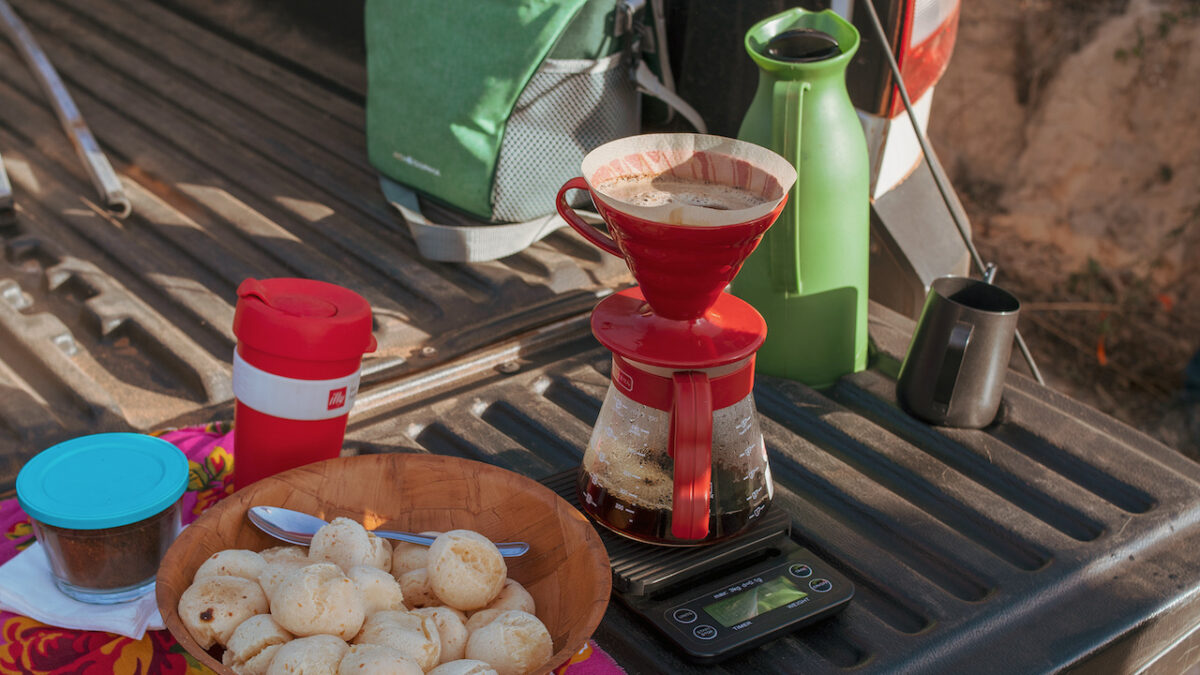
After overcoming this new and unexpected chaos, they delivered samples to us from Brazil. These samples will carry more weight than usual for the producers and Coffee Quest Brasil. Our role is to carefully hand over their coffees with their stories to the roasters.
We spoke with Friso online, who is currently in Brazil, and Gabriel and Teresa, who are based in Brazil.
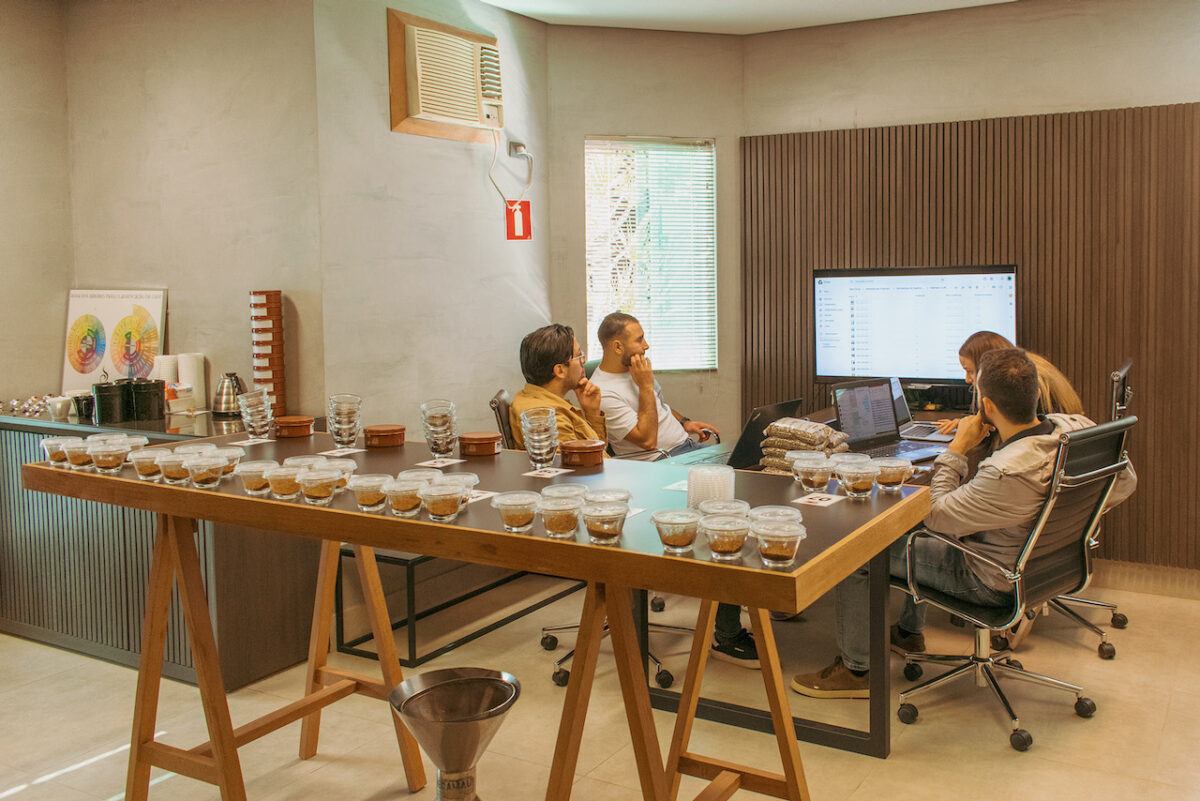
The history of Coffee Quest Brasil
Coffee Quest Brasil began when Friso and Michiel, who were based in the Netherlands, met Ronald at the Amsterdam Coffee Festival and hit it off. Ronald, based in Colombia, later became the central figure in Coffee Quest’s Colombian branch. Then, Michiel met Gabriel at the Specialty Coffee Association (SCA) trade show in Atlanta in the US. Gabriel also later became the central figure in Coffee Quest’s presence in Brazil. These two chance encounters are what evolved into the founding of Coffee Quest Brasil.
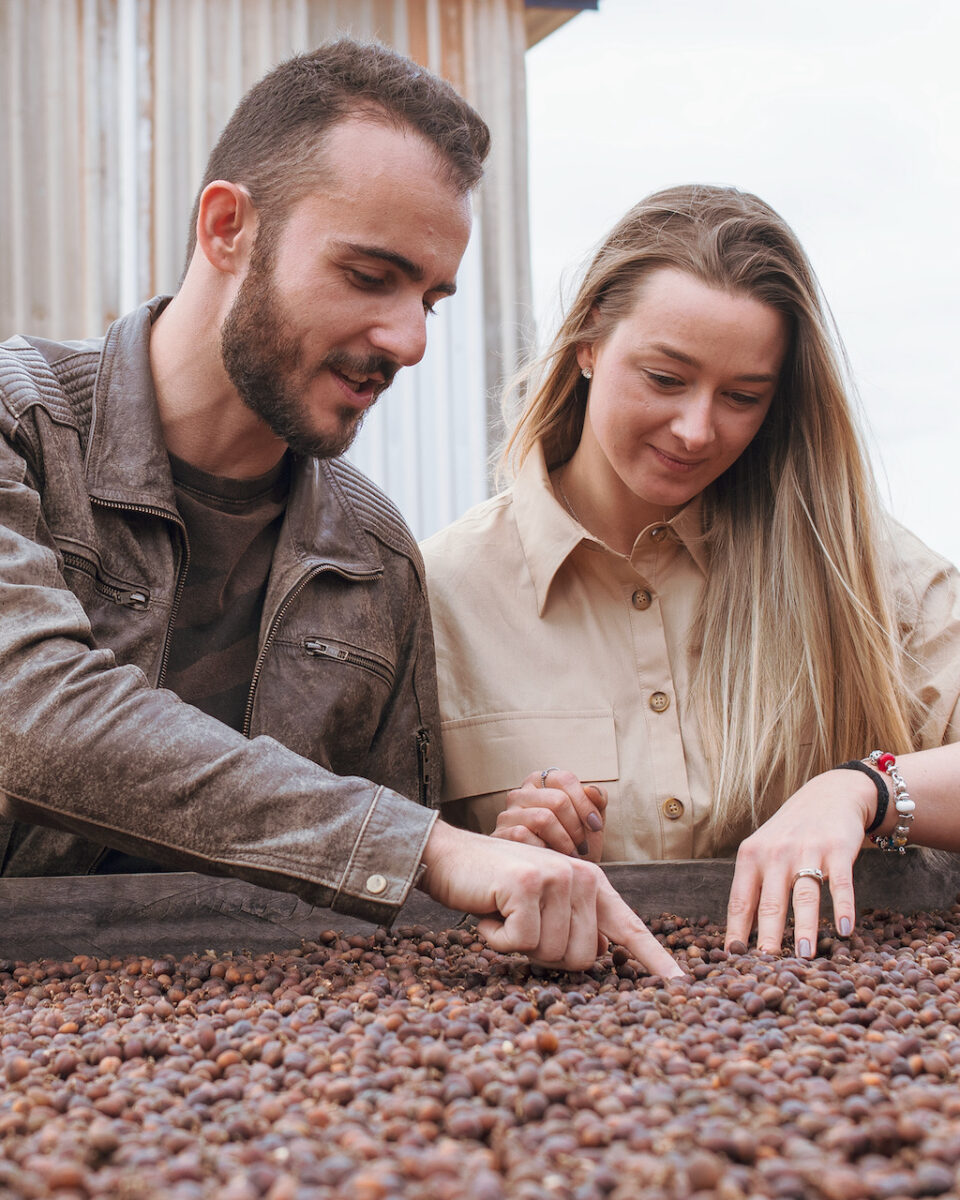
Gabriel is his family’s third generation of coffee producers, with them in the coffee business for more than thirty years in Brazil. With an intimate knowledge of local producers, he receives many samples from all over Brazil every year. Gabriel and his partner, Teresa are the core members of Coffee Quest Brasil.
Teresa says, “I entered the world of coffee because I fell in love with Gabriel (laugh). I met Gabriel at the university, and we started dating. After he graduated, he went back to Varginha, a city in the southwestern part of the state of Minas Geraís which is known as the center of coffee production. He returned to work for his family’s coffee company, and I started visiting his city every time I had a long vacation. On one occasion, I met the president of the SCA in Varginha, who told me that they were looking for someone to work in their company. I jumped at the opportunity. Since I started working at the SCA, I’ve been able to learn more about processes like cupping, certification, and roasting to actually running a coffee business. I now straddle between the SCA and Coffee Quest Brasil.”
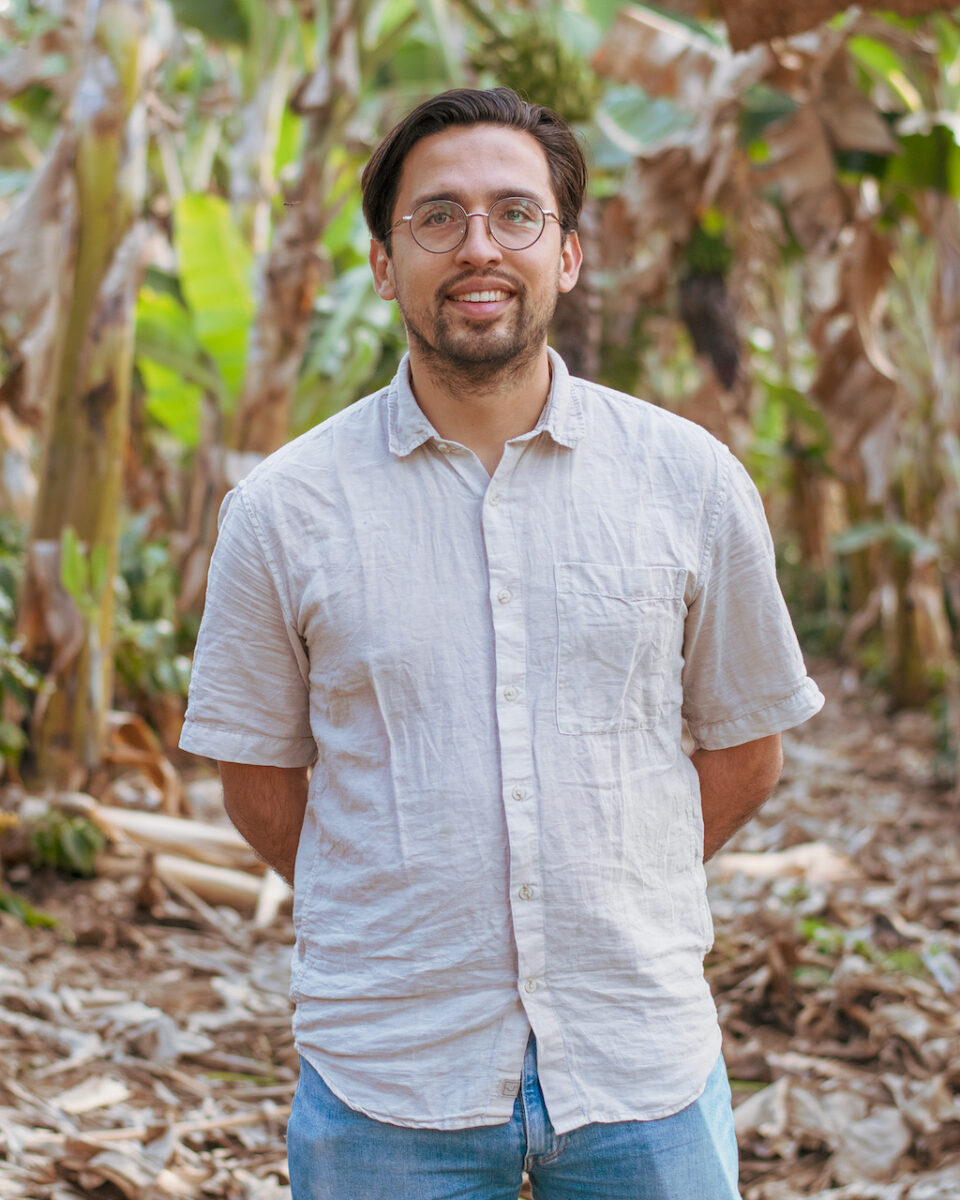
Friso talked about how he has met Gabriel and Teresa.
Friso says, “It was during my second visit to Brazil that Gabriel and I started talking about doing business together. There’s a huge number of producers in Brazil; to find high-quality specialty coffees, you need to take the time to try as many as you can. You also need to speak with the producers to understand their background and factors of production in depth.”
He adds, “In this respect, thanks to Gabriel and Teresa, who can evaluate coffees from different production areas and judge their quality, the possibilities in Brazil have expanded greatly. Now, two years later, we have a good network of producers. Again, this is because of Gabriel and Teresa visiting various production areas even during the off-season and communicating with the producers. For the work to get going ahead, the team and their work ethic are essential. Meeting Gabriel and Teresa, who are compatible with us, paved the way for Coffee Quest Brasil.”
Coffee Quest Brasil, as the name suggests, is an adventurous venture that is single-minded in its goal, but will always stop to make more friends along the way. Friso is always full of energy and his enthusiasm rubs off on all his friends, and his adventure continues.

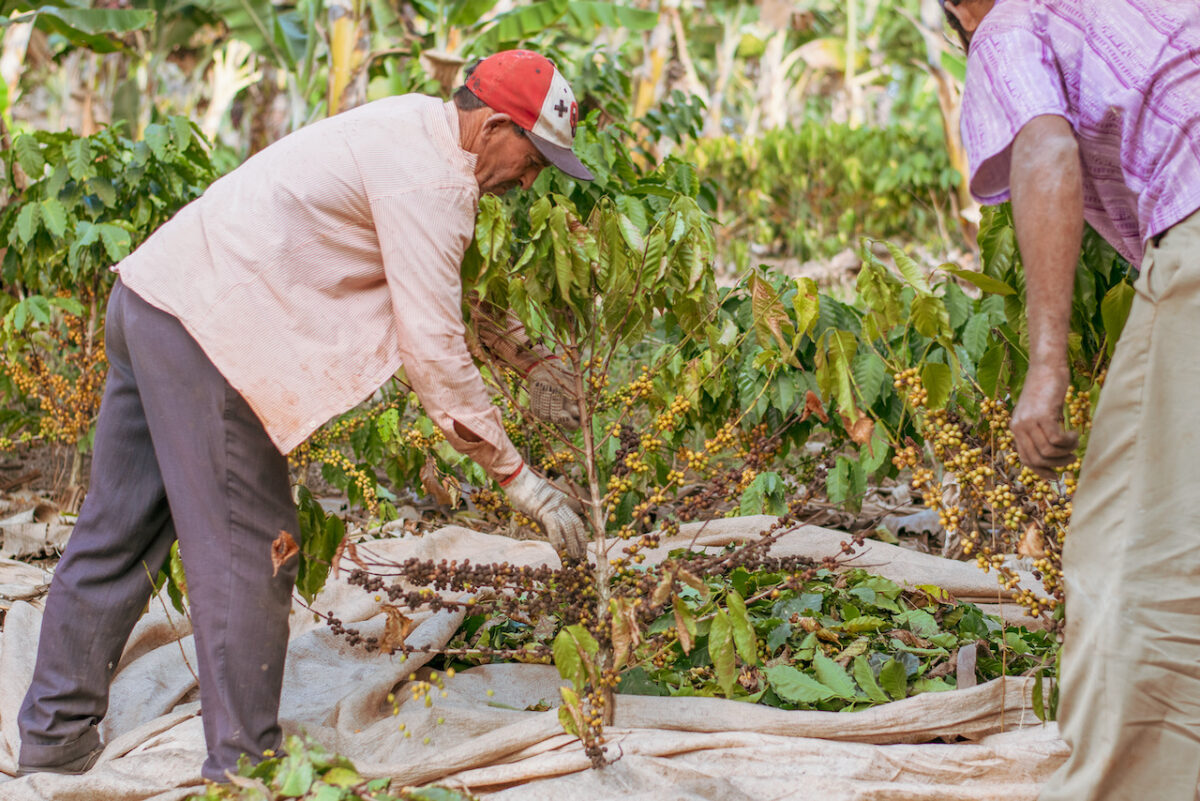
Giving coffee producers a voice
How do the three members of Coffee Quest Brasil that seem like the best team in the world share the vision of the future?
Gabriel says, “We want to give a voice to our coffee producers. Many small-scale producers don’t have access to overseas markets on their own. Even if they make great coffee, they don’t know how to sell in a foreign market without help, so they just keep it in the local market and villages as commercial coffee. The taste of the coffee is apparent as soon as you drink it. But the story of the producers can’t be conveyed unless someone tells it. We want to collect the stories of the producers behind a single cup of coffee and tell these stories to the world.”
Having lived in the heart of coffee production areas, Gabriel’s body and mind are imbued with the stories of the producers. He must be the only one who can tell such stories.
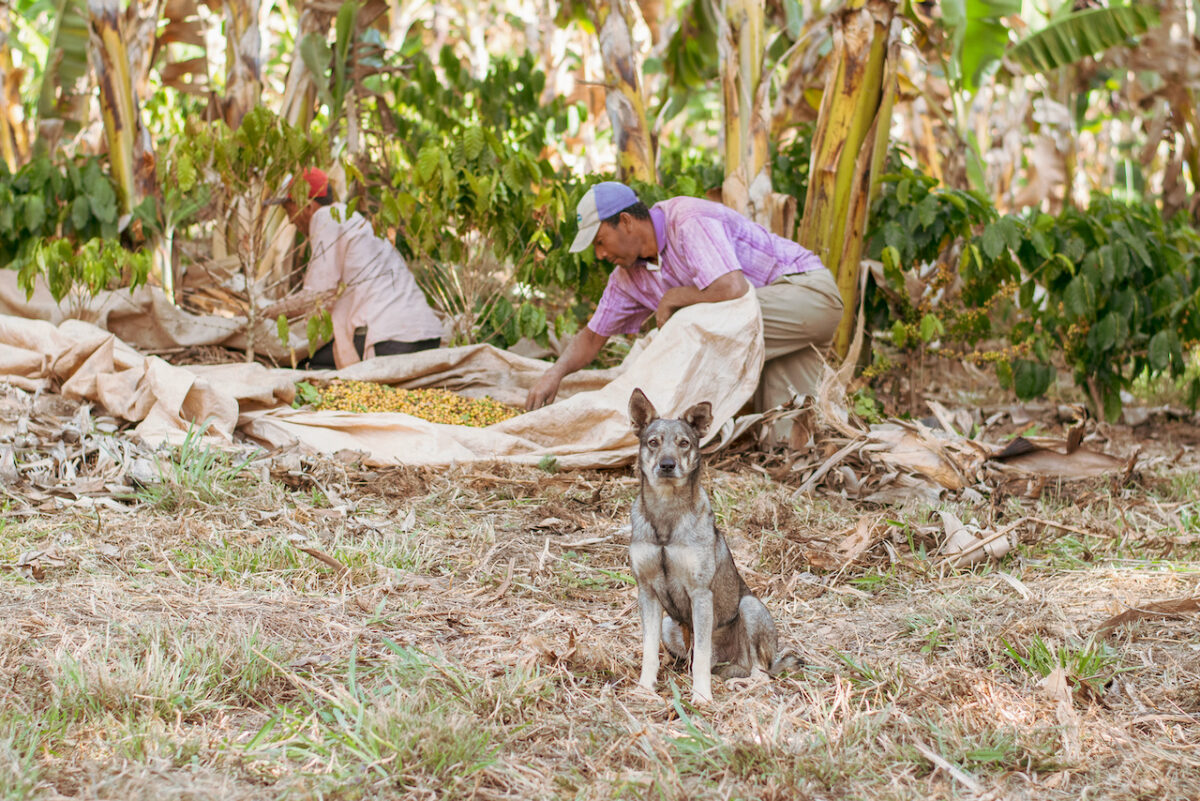
Teresa says, “Our relationship with the producers is not limited to coffee. We want to build a partnership with the producers, the kind of relationship that Friso has built with us, having a friendship first, and then building a business relationship. We call it specialty coffee, but it’s not just the coffee that’s special but it’s the people behind the coffee that makes it special.”
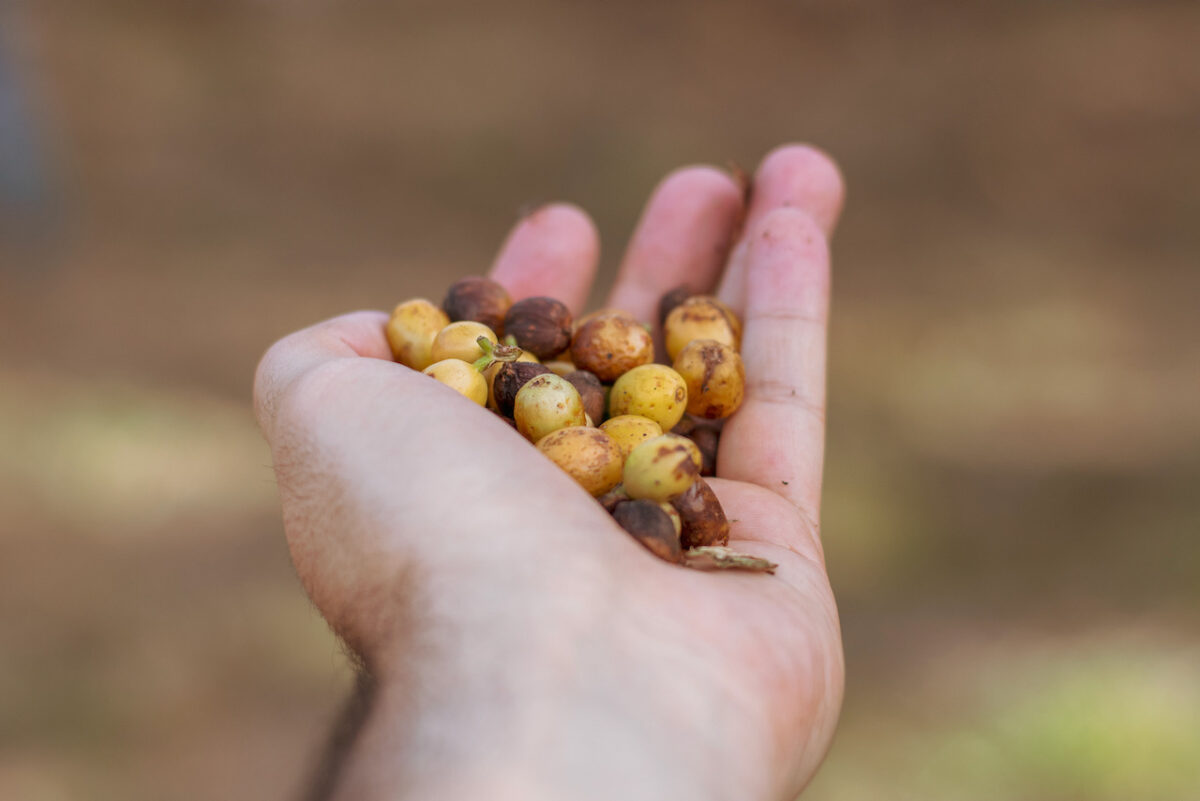
Friso states, “It’s not enough to put the name of the producer on the label. What is important is the context. The name must be mentioned by shining a light on the person and telling his or her story.”
By telling the story of coffee, a relationship between the producers and roasters is created. Friso, Teresa, and Gabriel seem to share that this is the essence of specialty coffee from the bottom of their hearts.

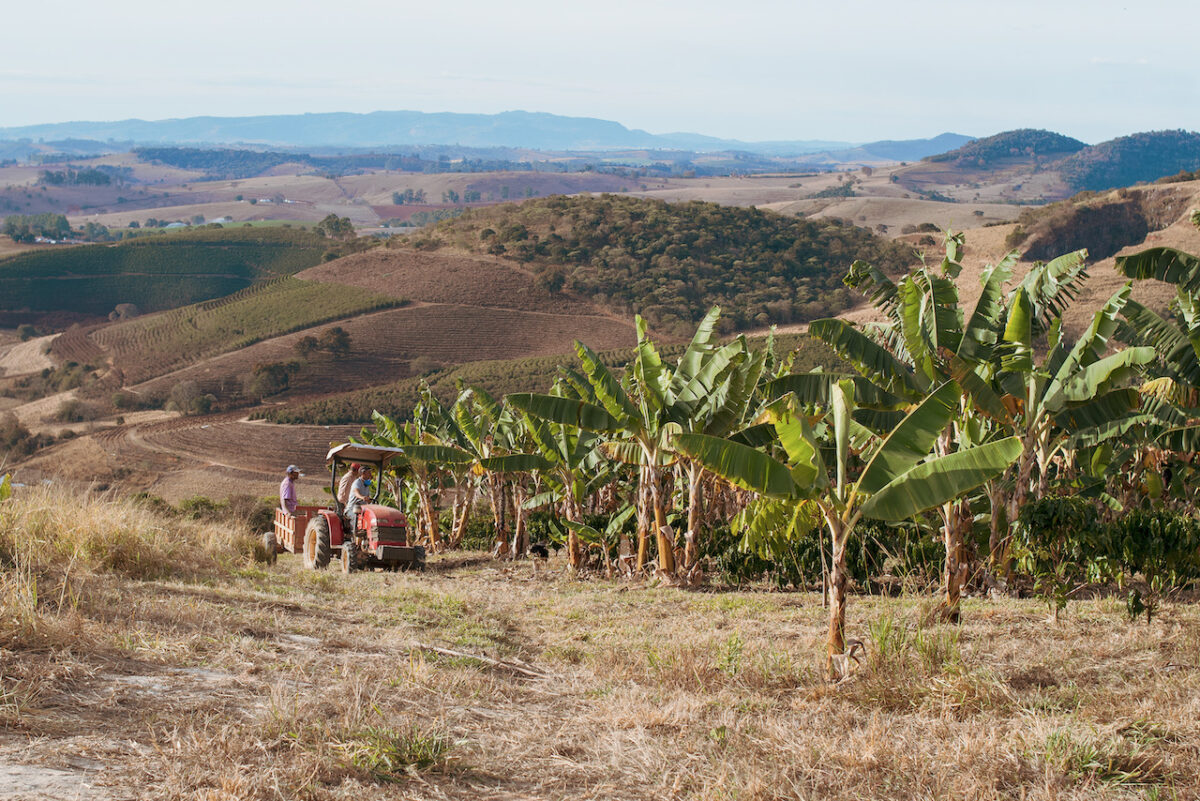
The future of Brazil
Brazil has been the world’s largest producer of coffee for many years, but the majority of its coffee has been commodity coffee produced by large-scale farms that have been industrialized to maximize efficiency in producing coffee. However, this aspect is gradually changing.
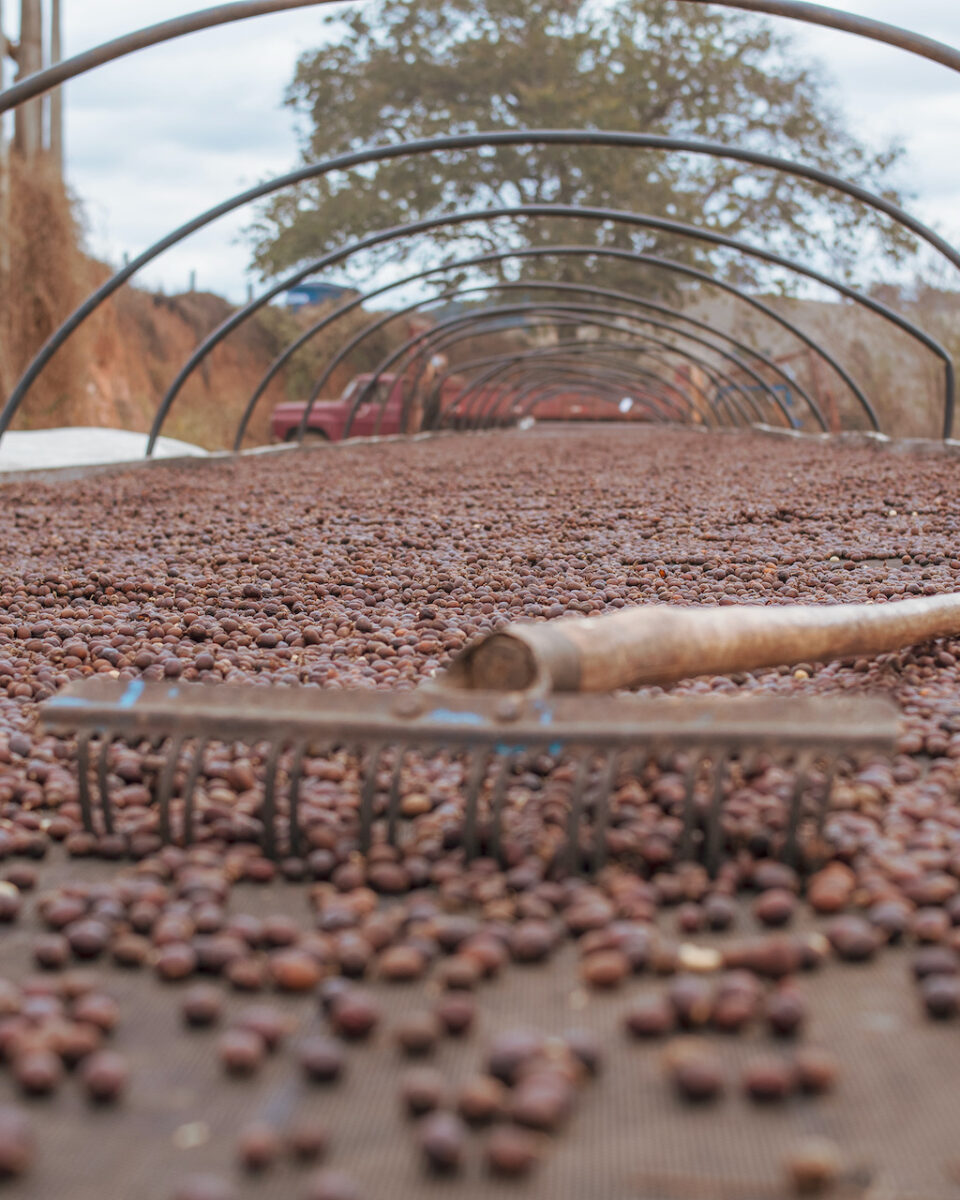
Friso says, “Ten years ago, it was really difficult to find high-quality specialty coffee in Brazil, but times are changing. In Brazil today, many young producers are moving towards specialty coffee. They understand the importance of putting in the effort to improve the quality.”
“As the demand for specialty coffee continues to grow worldwide, there are concerns that supply will not be able to keep up. I think Brazil will play a major role here. For example, coffee is hand-picked at farms in the mountainous regions of Central America. To increase production, labor and other costs become so high that it is unsuitable for mass production. In Brazil, on the other hand, the farmland is usually flat, making mechanization easy. Also, Brazilian producers are highly motivated and resourceful, so they’re beginning to apply their innovative mindset to specialty coffee production. Mass production of high-quality coffee in Brazil is not just a dream but something that is possible to achieve.”
For the goal of increasing the sustainability of good coffee, using technology to achieve mass production could be a practical solution.
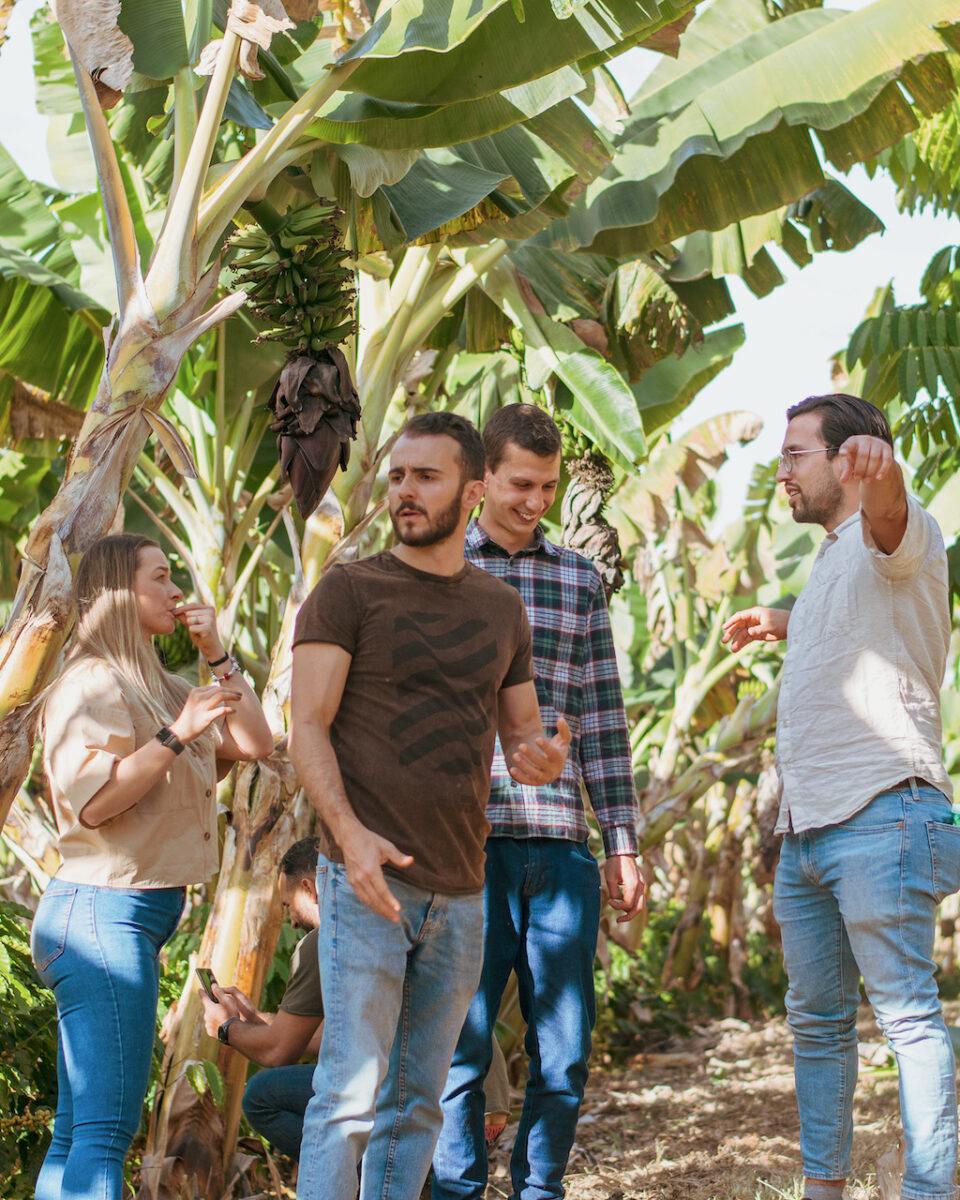
Transparency, Collaboration, and Quality
What are the goals of the three members of Coffee Quest Brasil, Friso, Teresa, and Gabriel, who are right in the middle of a turning point?
Gabriel says, “Our goal is to design a new way for roasters and producers to interact with each other – where roasters are promised that they will get the same profile of coffee beans from the same producer every year, and producers are guaranteed they will be able to sell their coffee at a fair price. By creating such a system, we want to build a sustainable relationship. To achieve this, it is essential to ensure complete transparency and maintain quality.”
The website of Coffee Quest Brasil welcomes visitors with these three words: Transparency, Collaboration, and Quality. Even if mass production is needed in the field of specialty coffee, they will always put ‘Transparency, Collaboration, and Quality’ first. We are sure that these values will shape coffee production in Brazil, with Coffee Quest Brasil at the forefront of the next generation of Brazilian specialty coffee.
